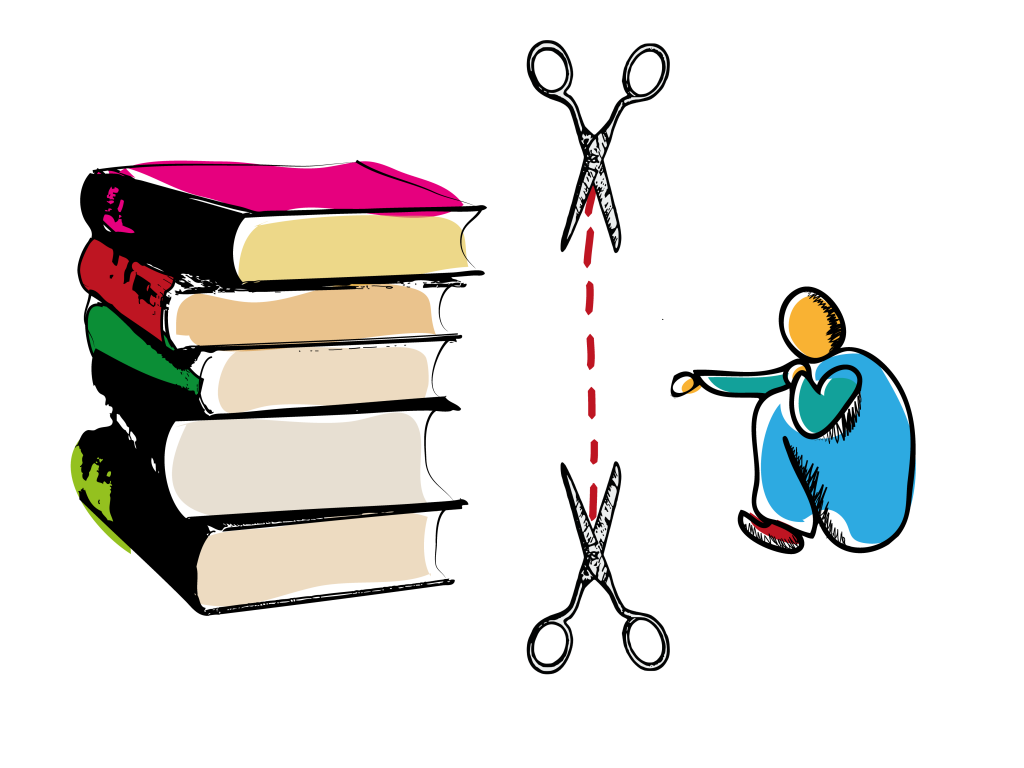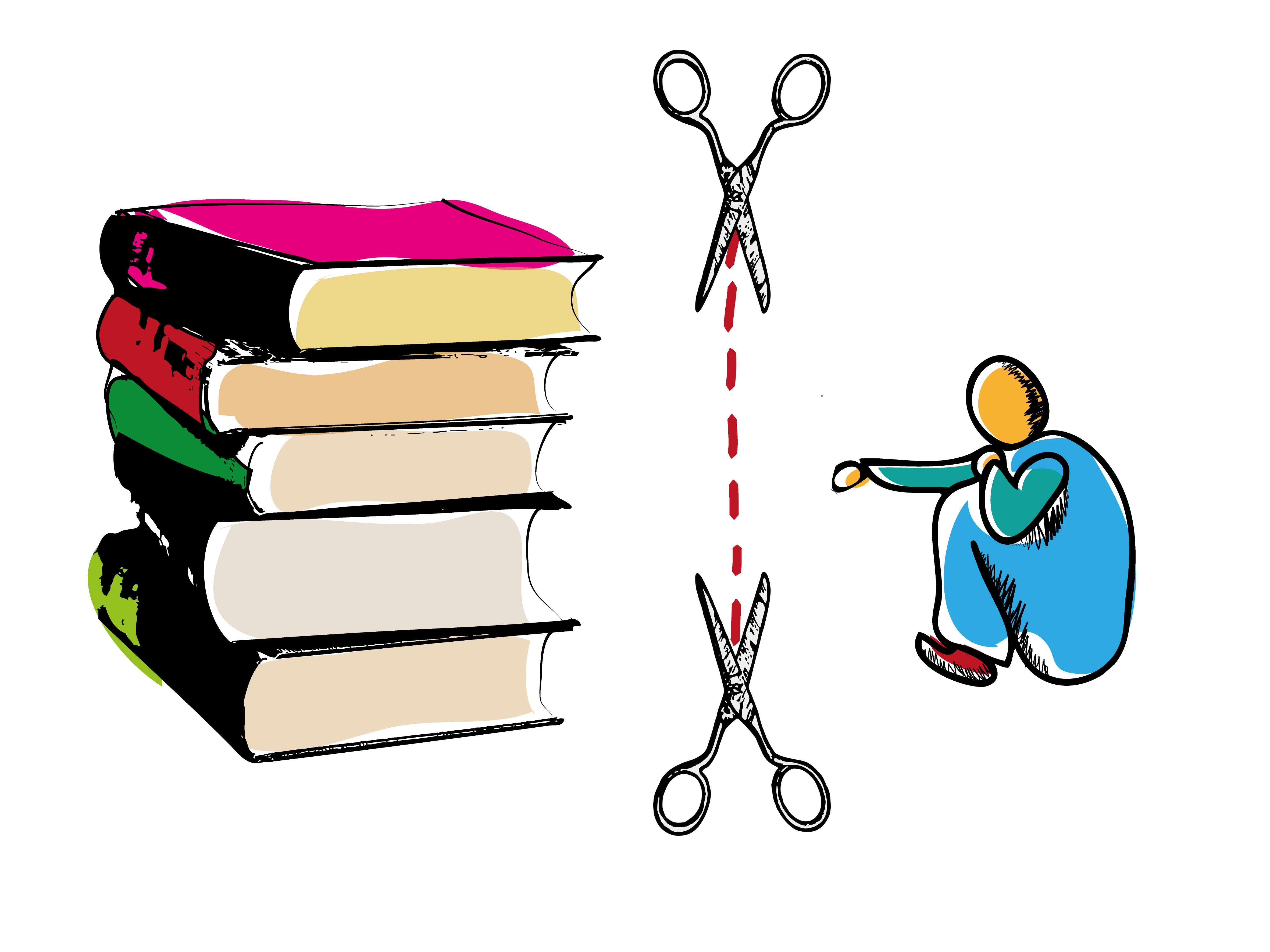A former special education student tackles the problems with the system
Philippe Couillard’s platformless Liberal Party—who were elected as a result of the Parti Quebecois’ historic political blunder—has decided to put the wheels in motion to end Quebec’s special-education racket.

Let me say this clearly: as an Ontario special education alumnus who’s seen the system at work from the inside, special education (special education) in the Canadian public school system has shown itself to be a fraudulent self-preservation tactic designed to expropriate government funds. In Quebec, the more special needs students in a classroom, the more funding schools get. What makes this system susceptible to collusion is the fact that the in-house school psychologists are incentivized to over-diagnose learning disabilities for the fiscal benefits they bring. Unfortunately, the growing cost of special education, coupled with the teachers’ non-compliance—or lack of tangible results—in enlisting special needs students to become foot-soldiers of the student-loan economy has forced the Couillard government to reconsider their role as passive enablers through the funding their education provides.
In a system where students are reduced to four-letter acronyms for their whole academic lives simply because, as children, sitting down for seven hours a day didn’t come naturally, teachers are preparing to go to war to preserve the status quo.
As an energetic child who had a hard time processing his parents’ divorce, the special education vultures pounced on me at the first sign of difficulty, pimping out my unfortunate predicament for the government’s monetary incentives.
I could take a middle ground and absolve the minority of special education teachers I’ve encountered who truly care about their students’ success, because those people do really exist. However, I’d be feeding into an intellectual trick that the police has been propagating for decades now. The ‘good cop myth’ cultivates the idea that there are good cops and bad cops, when in reality, they’re both agents of a flawed institution (where some of those agents are good people). And like the good cop myth implies, special education has exploited the fictitious allure of moral superiority in all their monetary claims.
Quebec teachers’ unions want more money; and for the better part of three decades, special education spending has been the fiscal godsend that kept the waters calm. However, times have changed, and the Quebec Liberals are ready to move against their most trusted voting bloc to put an end to the racket. For teachers, losing control of public education’s most profitable typecast incentive could spell a dramatic change to educational budgets. As it stands, in British Columbia, a special education student receives up to three times the funding per student than a regular student, which closely mirrors the situation in Quebec, where certain special education students count for 2.8 students in terms of funding according to a Quebec teacher. Of course, this being the lucrative racket that it is, the money which is intended for the benefit of the special needs students is probably redistributed once it changes hands to fund sports jerseys and other items that don’t directly aid the special education student’s education.
I can’t comment on the exact reason why the Couillard government decided to eat its own by going against the teachers unions, but it looks like the days of pumping young boys with drugstore cocktails of Ritalin and other stimulants because green eggs and ham don’t hold their interest may be coming to an end. I was recommended to a school psychologist that was under the payroll of the school board when I was young, who wrote me a prescription within 15 minutes of meeting me. This seemed to be to check off another special education student off of their list to boost their funding rather than attend to my own personal needs.
And frankly, like any dying racket, those in charge lose interest when it no longer serves their purpose. So here’s to every school psychologist out there making sure no child gets left behind.




